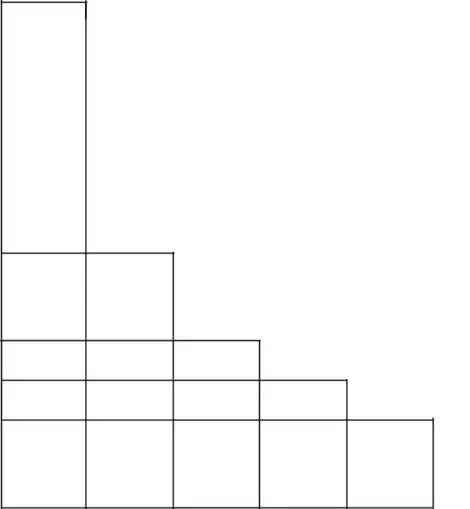I have been trying to prove the following identity: $$H_n = \sum_{i=1}^{n} \binom{n}{i}\frac{(-1)^{i+1}}{i}$$ where $$ H_i = \sum_{k=1}^{i} \frac{1}{k} = 1 + \frac{1}{2} + \frac{1}{3} + \frac{1}{4} + \cdots + \frac{1}{i} $$ is the $i$-th harmonic number.
I have been trying to apply various other identites, but to no avail. What I want to get is but a hint on how to solve it, not the solution. Please take into consideration the fact that I wish to prove this identity by means of elementary methods, i.e. without calculus, linear algebra or anything college-level.
I should be exceedingly thankful for any help.
